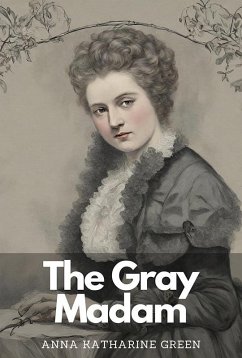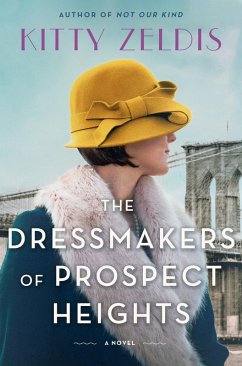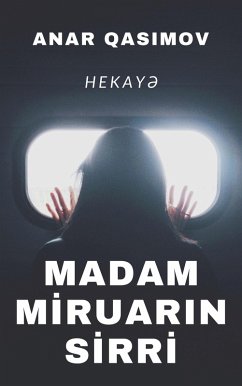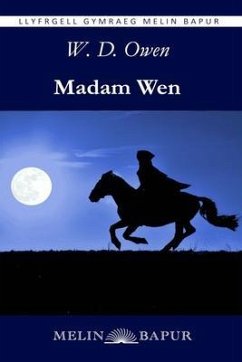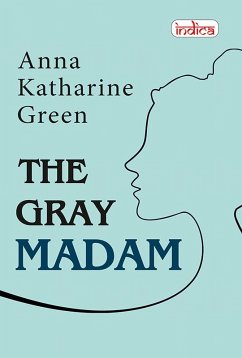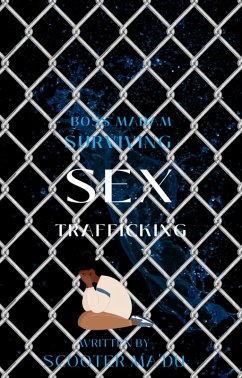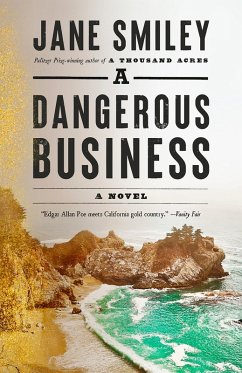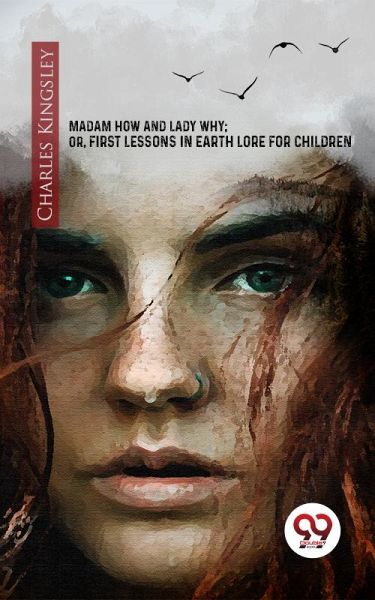
Madam How And Lady Why; Or, First Lessons In Earth Lore For Children (eBook, ePUB)

PAYBACK Punkte
0 °P sammeln!
It is a science book from the 1860s written in poetic and imaginative language that makes the reader feel as though they are seeing a father teach his son all about the world around him. This old science book made an interesting effort to reconcile faith and reason. The best ideas, the worst ideas, and generally decent ideas are all present in this book, including the chapters on eyes and no eyes, analysis vs. synthesis, and others (geological descriptions). The emotional response could be the last topic. Kingsley discusses this in both the above-described spiritual aspects and in the practica...
It is a science book from the 1860s written in poetic and imaginative language that makes the reader feel as though they are seeing a father teach his son all about the world around him. This old science book made an interesting effort to reconcile faith and reason. The best ideas, the worst ideas, and generally decent ideas are all present in this book, including the chapters on eyes and no eyes, analysis vs. synthesis, and others (geological descriptions). The emotional response could be the last topic. Kingsley discusses this in both the above-described spiritual aspects and in the practical sense of using scientific knowledge to help others. According to Kingsley, Lady Why, who is also a "fairy," is someone "whom we can barely hope to meet" because she is "so beautiful, and yet so horrible (awe-ful) too." Madam How, however, is a "fairy" who "will let us watch her at her work." Lady Why is the master of Madam How, and they both have a nameless Master.
Dieser Download kann aus rechtlichen Gründen nur mit Rechnungsadresse in A, D ausgeliefert werden.






